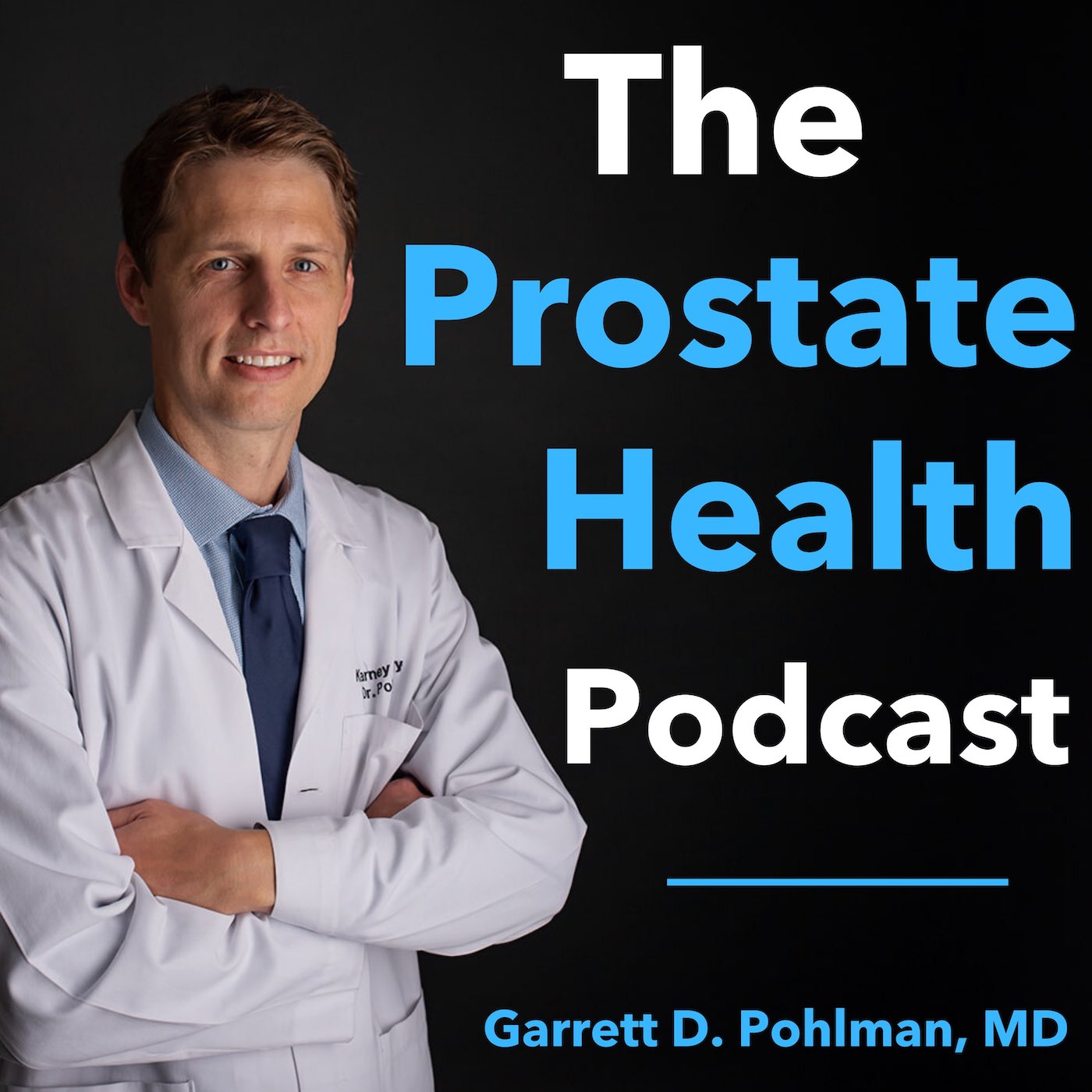Prostate markers continue to make a remarkable impact on the world of prostate cancer by helping to individualize patient care in the early detection, diagnosis, and treatment choices for prostate cancer. In episode six of the Prostate Health Podcast, we had an informative interview with Dr. David Crawford about the various scenarios in which prostate markers can get used for providing men with more information to guide them in their decision-making.
In that episode, we discussed various scenarios around the early detection of cancer, where prostate cancer biomarkers can help triage patients at risk for prostate cancer by identifying the patients who may truly benefit from a biopsy versus those who may safely avoid it. Given the importance of those markers, we thought it would be beneficial to re-air the interview today.
Dr. Crawford remains an international pioneer in the early detection and management of prostate cancer. Dr. Pohlman had the unique opportunity to train with Dr. Crawford during his residency training at the University of Colorado Hospital. Be sure to tune in to this episode to find out what Dr. Crawford has to say about prostate cancer biomarkers.
About Dr. Crawford:
Dr. Crawford has been the recipient of more than 95 research grants, he has authored over 600 published articles, and he has contributed to nearly 100 education books. To raise awareness and education about prostate health, Dr. Crawford founded and is the current chairman of the Prostate Conditions Education Council.
The Prostate Conditions Education Council is a non-profit organization responsible for reaching an average of 400 million people each year with education and awareness information on prostate cancer and men’s health issues. Dr. Crawford’s involvement in the national prostate cancer arena is widely recognized. He is often requested to act as an educator or speaker, and participate in advisory boards, and review research.
Today’s show was recorded at the 30th Annual International Prostate Cancer Update, founded and organized by Dr. Crawford.
Disclaimer: The Prostate Health Podcast is for informational purposes only. Nothing in this podcast should be construed as medical advice. By listening to the podcast, no physician-patient relationship has been formed. For more information and counseling, you must contact your personal physician or urologist with questions about your unique situation.
Show highlights:
- Dr. Crawford talks about some tests, other than the PSA, now available for the early detection of prostate cancer.
- Although the PSA is a great test, it still needs to be more refined.
- Dr. Crawford explains where biomarkers, which have become a game-changer, are playing a role in the early detection of prostate cancer.
- The abnormal level for PSA has become modified down to 1.5. So anything less than that would indicate that you are safe.
- There is often a challenge around which tests will and will not get covered by most insurances.
- Dr. Crawford discusses whether there are any tests available to determine who might need a repeat biopsy.
- With the ConfirmMDx test, you have a 94% chance that you do not have bad cancer.
- Dr. Crawford talks about the tests that might determine which men could be candidates for active surveillance versus those who need treatment.
- Dr. Crawford talks about what the future holds for the testing and treatment of prostate cancer.
- Dr. Crawford discusses where things are going in terms of genetics and genetic testing for prostate cancer.
Links and resources:
Follow Dr. Pohlman on Twitter and Instagram – @gpohlmanmd
Get your free What To Expect Guide (or find the link here, on our podcast website)
Join our Facebook group
Follow Dr. Pohlman on Twitter and Instagram
Go to the Prostate Health Academy to sign up for the wait-list for our bonus video content.
You can access Dr. Pohlman’s free mini webinar, where he discusses his top three tips to promote men’s prostate health, longevity, and quality of life here.
Some educational websites on prostate cancer:
Prostate Conditions Education Council
NCI (National Cancer Institute)
UCLA – Prostate Cancer Program


Recent Comments